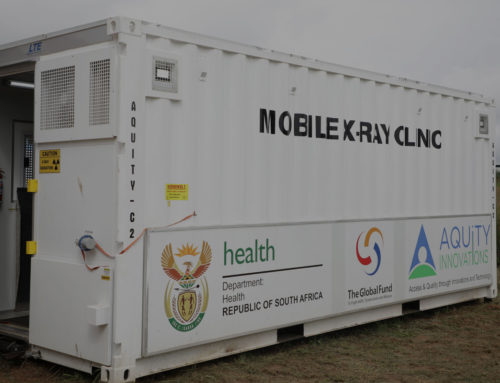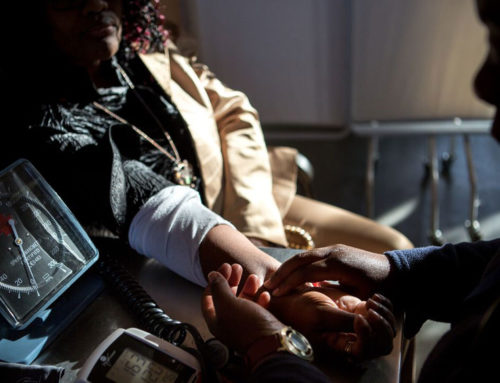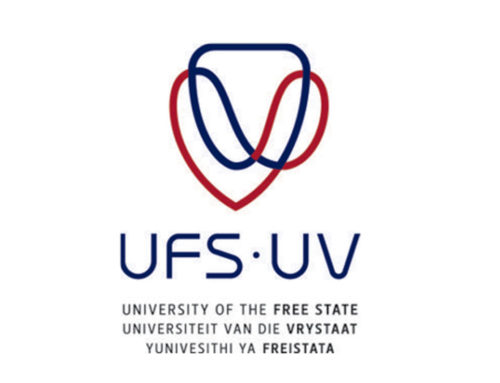There is increasing evidence that undernutrition in patients with active TB is associated with an increased frequency and severity of disease and indeed a two to four-fold increase in mortality. TB is commonly accompanied by comorbidities such as HIV, diabetes, smoking and alcohol or substance abuse which have their own nutritional implications.
A less than ideal weight gain during TB treatment also increases the risk of long-term relapse even after the initial cure. Undernutrition has also been associated with malabsorption of key anti-TB drugs. Therefore, TB and undernutrition can cause a vicious cycle of worsening disease and undernutrition.
Poverty and food insecurity are both causes and consequences of TB, and those involved in TB care, therefore, play an important role in recognizing and addressing these wider socio-economic issues.
AQUITY’s nutritional support project commenced in August 2020 and has been fully implemented in both the Ehlanzeni and OR Tambo districts.
Project goals:
The project seeks to strengthen services at a community level in the districts through:
- Distribution of nutritional packages (food parcels) to drug-sensitive and drug-resistant TB patients;
- TB contact management, including the collection of sputum;
- Treatment adherence support;
- Linking TB patients to care;
- Enrolling children under the age of 5 on preventative treatment




